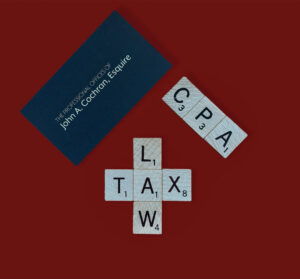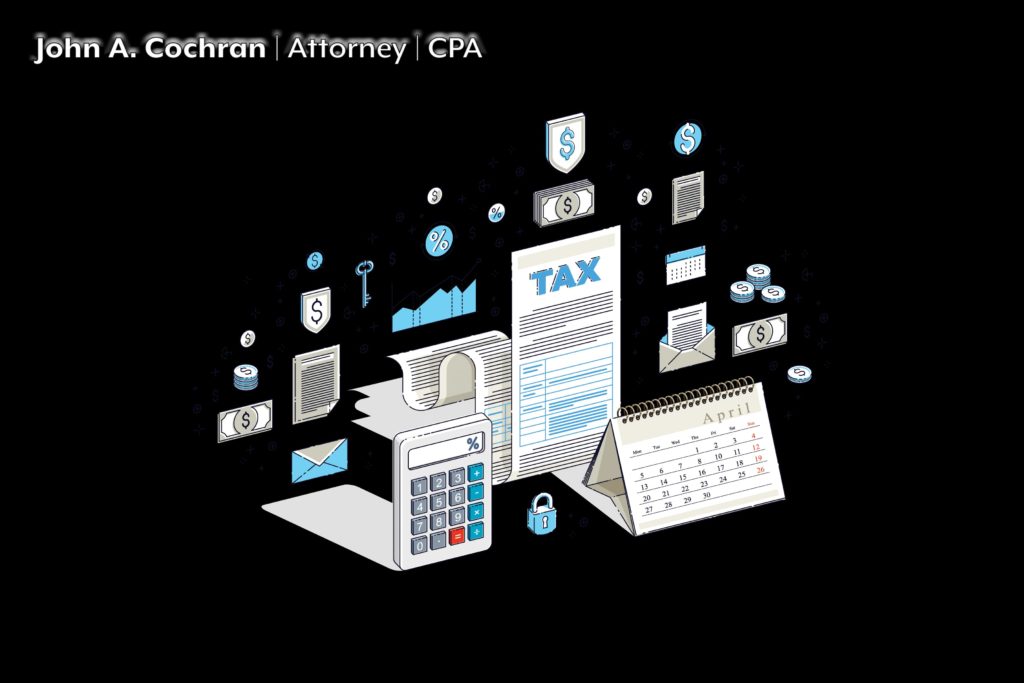Keep calm and prepare your taxes properly. In this age of misinformation, people can easily get duped into believing complete nonsense. We won’t get into any examples here apart from the recent hullabaloo concerning armed IRS agents. Let’s cut to the chase: NO, armed IRS agents will not show up at your door demanding back taxes. You are still protected by laws. Rather than feeding into the hype, the best thing you can do is keep calm and prepare your taxes properly.

How’d We Get Here?
It all began with a legitimate job posting for Criminal Investigation (CI) Special Agent positions. This is not a new unit. Once called the Intelligence Unit, the CI has existed in some form since 1919.
Currently, the CI has around 3,000 employees. Of those, only 2,100 serve as special agents who can carry firearms. These special agents investigate criminal tax violations (think Al Capone-level money laundering, national security, or defense matters). Last year alone, the CI identified more than $10 billion in tax fraud and other financial crimes.
Every year the CI loses 150-175 special agents due to retirements and attrition. This year, they hope to hire 300-350 special agents over the course of the entire year. When you consider the average annual losses, they looked to add a net gain of 150-175 special agents.
Prepare for the twist.
Social Media Mayhem
Hell hath no fury like fired-up conspiracy theorists, who falsely repeated claims the IRS was hiring 87,000 armed agents.

After some rather impressive mental gymnastics, they connected the CI job posting to a recent U.S. Department of Treasury Report. The May 2021 report noted that the IRS could hire an additional 86,852 employees by 2031 from the Inflation Reduction Act.
For reference, the IRS currently has approximately 81,000 employees in total. The vast majority of those employees serve as civilian auditors and revenue collectors. Whether the IRS actually needs to (or could) add so many to their current headcount is another matter altogether.
And yet, that didn’t stop false claims that the IRS would somehow raise an army of “locked and loaded pencil pushers.” I cannot stress enough: Repeating a falsehood doesn’t make it true.
A Better Use of Your Time
Instead of getting caught up in the frenzy, you’re better off focusing on properly preparing your taxes. I’d make an “…or else” joke here, but don’t want to feed into the insanity.
Rather, we recommend you focus on carefully preparing your personal and business tax returns. Doing so will give you peace of mind and help your financial security.
A trained tax attorney can help you avoid audits or represent you if you find yourself being audited. Additionally, all indications are that the number of audits will slightly increase. Our experienced tax professionals have helped hundreds of taxpayers just like you.
We’ll help you prepare your taxes correctly and avoid audits of any kind. We can also debunk any additional myths for you about tax preparation or the IRS. Complete our online form or call us today at 724-216-5180 to learn more.














